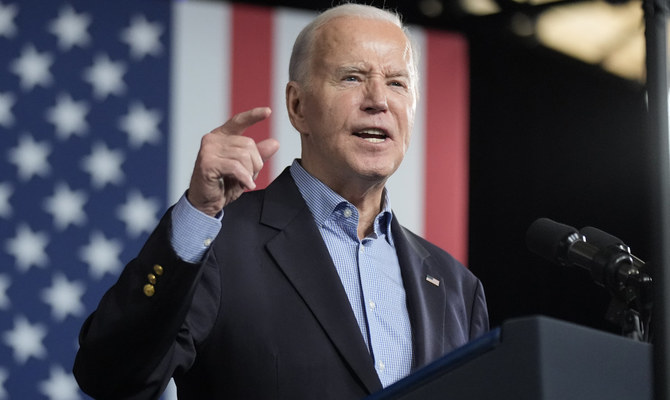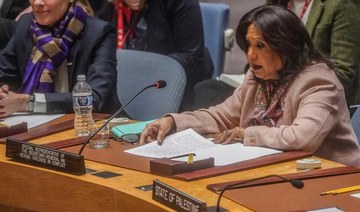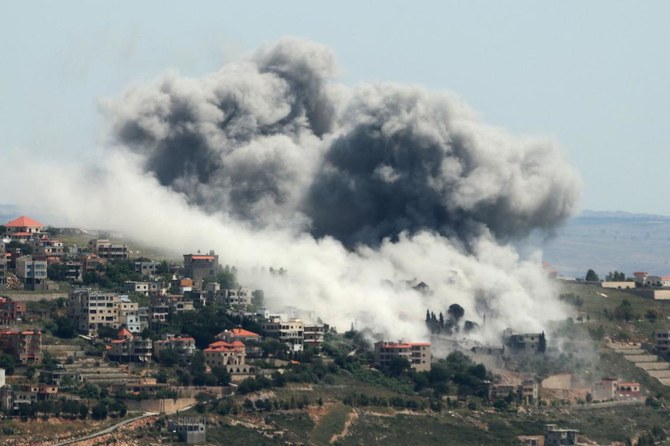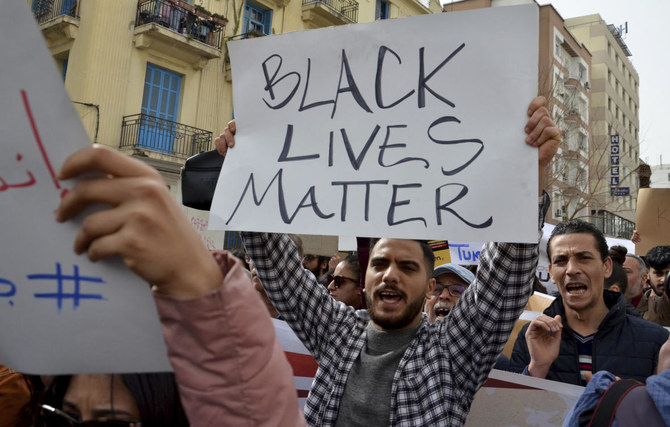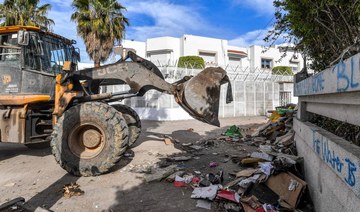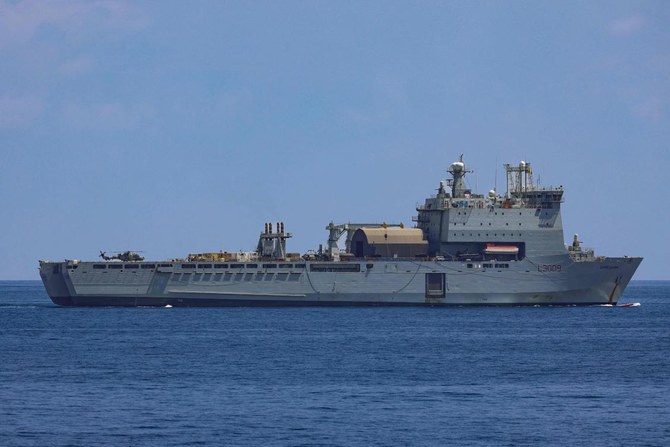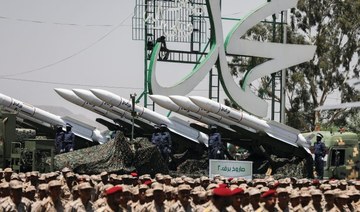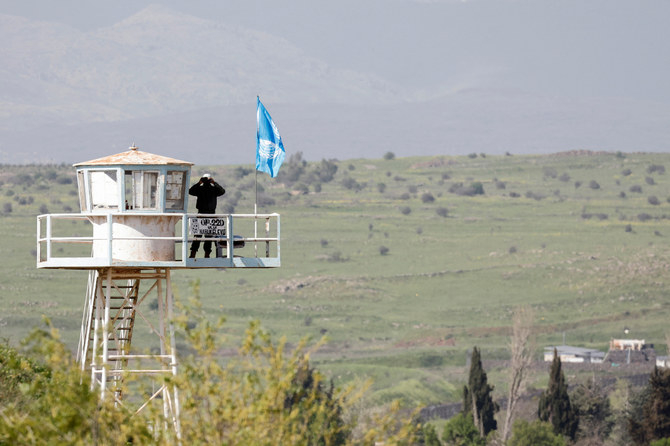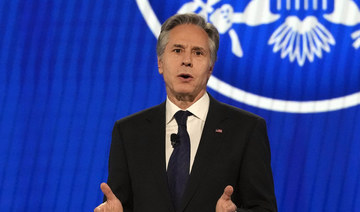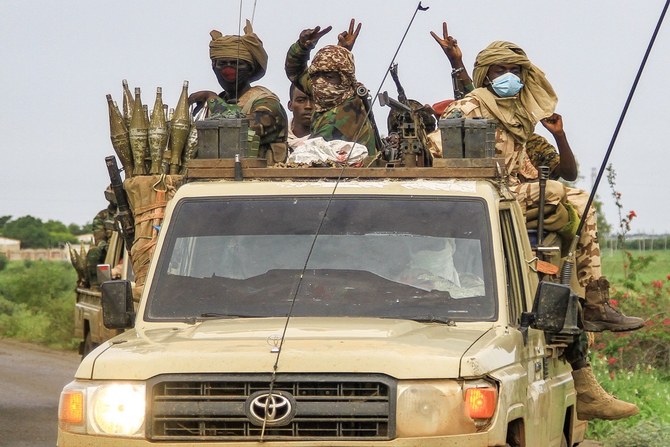LONDON: US President Joe Biden has been told to stop supplying offensive weaponry to Israel by senior members of his own party.
Seven Democratic senators — including Chris Van Hollen, Jeff Merkley, Tina Smith and Ben Ray Lujan — alongside independent Sen. Bernie Sanders have written to Biden telling him his government’s current policy contradicts the US Foreign Assistance Act.
The terms of the act prevent the supply of weapons to foreign states that restrict humanitarian aid from reaching civilians.
For months, the UN and other aid organizations have said Israel has not provided safe passage for convoys, or has actively hindered the delivery of humanitarian supplies to Gaza.
“We urge you to make it clear to the Netanyahu government that failure to immediately and dramatically expand humanitarian access and facilitate safe aid deliveries throughout Gaza will lead to serious consequences, as specified under existing U.S. law,” the eight signatories, who also include Sen. Elizabeth Warren and her colleagues Maizie Hirono and Peter Welch, said in their letter to Biden.
Sanders told the New York Times that Israel’s actions also contravene the Humanitarian Aid Corridor Act, saying: “They are preventing US humanitarian assistance from getting to the people of Gaza. They are in violation of the law, and therefore financial aid should be suspended.”
He added: “I hope the president understands that a growing number of members of Congress, and the American people in general, are sick and tired of seeing the destruction of the people of Gaza and the creation of mass starvation.”
Sanders said: “Israel has the right to defend itself … but Israel does not have — in any way, shape or form — the right to go to war against the entire Palestinian people.”
Many Democrats are trying to pressure the Biden administration to force Israel to change tack in Gaza as the conflict enters its sixth month amid mounting civilian casualties.
However, a lack of support in either the Senate or the House of Representatives has limited their ability to influence votes in Congress.
In February, the Senate approved an additional $14.1 billion in military aid to Israel, including $10 billion ring-fenced for offensive weaponry.
Biden has remained resolute in supporting Israel’s right to defend itself. However, earlier this month he authorized the airdropping of 38,000 meals into Gaza, and his administration has announced plans to build a temporary pier on the enclave’s coast to facilitate the delivery of more aid.
Van Hollen said these actions indicate that the White House feels Israel is actively hindering humanitarian supplies from reaching people in need.
“People are now dying of starvation, and we need to use all the leverage we’ve got,” he added. “The administration has not used the leverage it has today. I don’t know how many more kids have to starve before we use all the levers of our influence here, but they really need to do more.”



